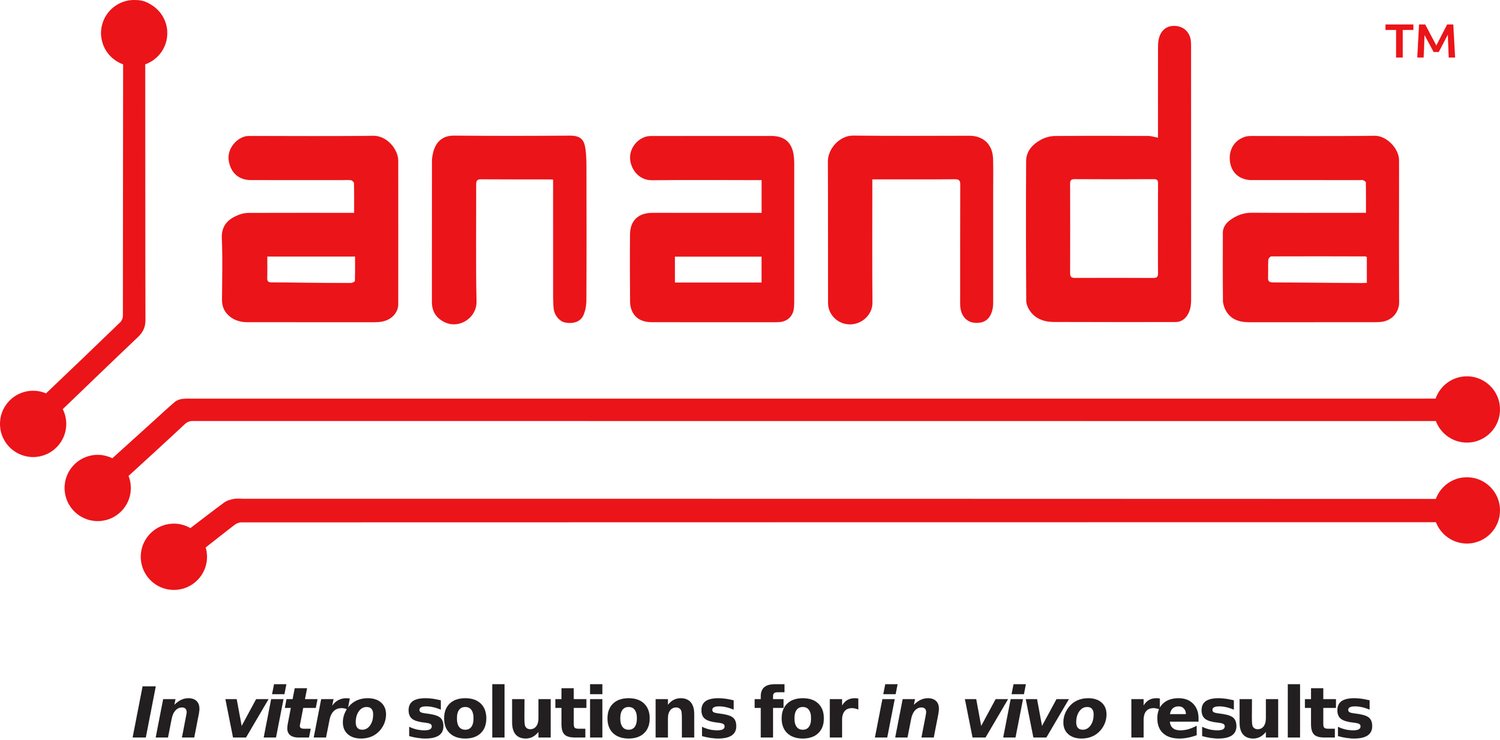
ABOUT US
Drug development is slow and inefficient. As the daughter of someone with an incurable disease, Dr. Margaret Magdesian has experienced first-hand the hope of patients for the discovery of a new medication to alleviate their pain. As a scientist she has dedicated her career to accelerate drug development.
To better assess the risk and safety of all compounds in contact with humans in Pharma Food and Cosmetic (PFC) industry; to better understand the influence of these compounds in range of disease incidences; and to find effective therapies to treat currently incurable diseases, Margaret set off to develop alternative models that better predict the human response to drugs and that are easily scalable to test thousands of products launched each year.
Margaret has a BSc Pharmacology, PhD Biochemistry, and she is a scientist-entrepreneur with over 20 years of experience in biopharmaceutical research. In collaboration with researchers from McGill University, Margaret has developed innovative technology to rapidly grow human nervous-system-on-a-chip. In 2015, she launched the company ANANDA Devices to commercialize this technology and to enable pharma, food, and cosmetic companies to perform toxicity testing, drug screening, drug repurposing, and disease modelling up to 50x faster and 90% more cost-effective than current methods.
Margaret Magdesian, PhD
CEO and founder of ANANDA Devices“Our goal is to produce human organs-on-a-chip. We produce mini brains, mini spinal cords, and innervated tissue to accelerate drug testing and reduce toxicity of most of the compounds on the market today.”

“Lack of reproducibility is a big problem in science today. And what I’ve realized is that my major challenge as a scientist was not to have the best facilities, the best equipment, or the money. My major challenge was to try to reproduce the nervous system environment on a petri dish so that we can get standardized, reproducible data. And this way, we can accelerate the drug development cycle.”
Experience and Awards
20+ years of experience
in neuroscience and
tissue engineering
14 countries, in which scientists are using our innovative solutions to model human brain, spinal cord, skin, and other tissue types
24 prizes in science
and innovation






